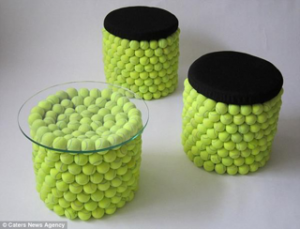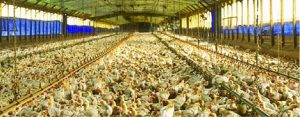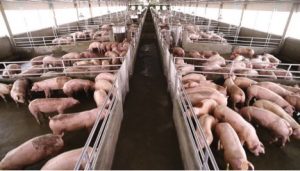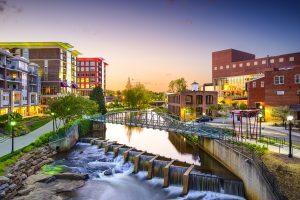
…drifting through the wind, wanting to start again?
Even if you’ve never heard Katy Perry sing these lyrics in her song, “Firework,” you’ve definitely seen a plastic bag aimlessly drifting through the wind. But have you ever stopped to think about why it’s even there in the first place? Because with one small lifestyle change, it wouldn’t be there at all.
Last week, I purchased my first reusable grocery bag. Honestly, I bought it on a whim, and mostly because I felt a responsibility to be sustainable in Greenbelt housing. Later on, however, I decided to research grocery bags and see if the purchase was worth it. I discovered that the United States alone uses 30 billion plastic bags and 10 million paper bags each year. Manufacturing these bags requires close to 14 million trees and 12 million barrels of oil. Each of the bags then takes up to 1,000 years to degrade in a landfill, and the ones that don’t end up in a landfill or recycling center cause 100,000 deaths in sea turtles & other marine animals annually.
Some countries have banned or heavily taxed plastic bags to discourage consumers from taking them for granted. One U.S. plastic bag manufacturer proposed a 3 or 4 cent tax on each bag to encourage consumer to take responsibility for their groceries. It would push cashiers to conserve bags when packing groceries, and reduce the overall usage.
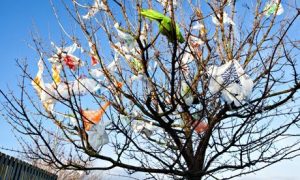
I was shocked after reading these facts. I used to think I was doing a good job by reusing my grocery bags for trash can liners every week, but I never stopped to realize that they still ended up in the landfill and contributed to the problem. I spent $1.00 on my reusable grocery bag, but it can be used thousands of times and eliminate a HUGE number of plastic bags.
I definitely struggle with remembering to bring it to the store with me, but if that action saves a plastic bag from drifting through the wind, I’ll accept the challenge.
-Haley Park
Sources:
http://www.rensselaercounty.org/enviroment%20management%20council/plastic%20bag%20facts.htm
http://news.nationalgeographic.com/news/2003/09/0902_030902_plasticbags_2.html


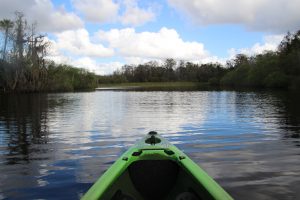


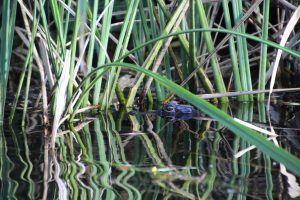
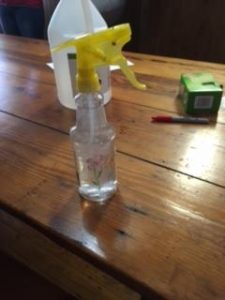
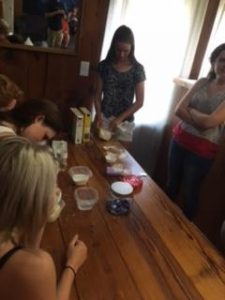
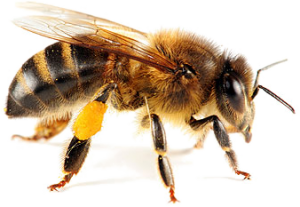
 As Hurricane Harvey inundated regions of the southern United States with more than 40cm of rain, Hurricane Irma and Jose trailed behind just weeks later, striking Florida and coastal North Carolina. It has now been reported that Hurricane Maria, a Category 5 Hurricane, is positioned to run through Puerto Rico, Turks and Caicos and the Dominican Republic. On top of this exceedingly strong hurricane season, wildfires in
As Hurricane Harvey inundated regions of the southern United States with more than 40cm of rain, Hurricane Irma and Jose trailed behind just weeks later, striking Florida and coastal North Carolina. It has now been reported that Hurricane Maria, a Category 5 Hurricane, is positioned to run through Puerto Rico, Turks and Caicos and the Dominican Republic. On top of this exceedingly strong hurricane season, wildfires in 